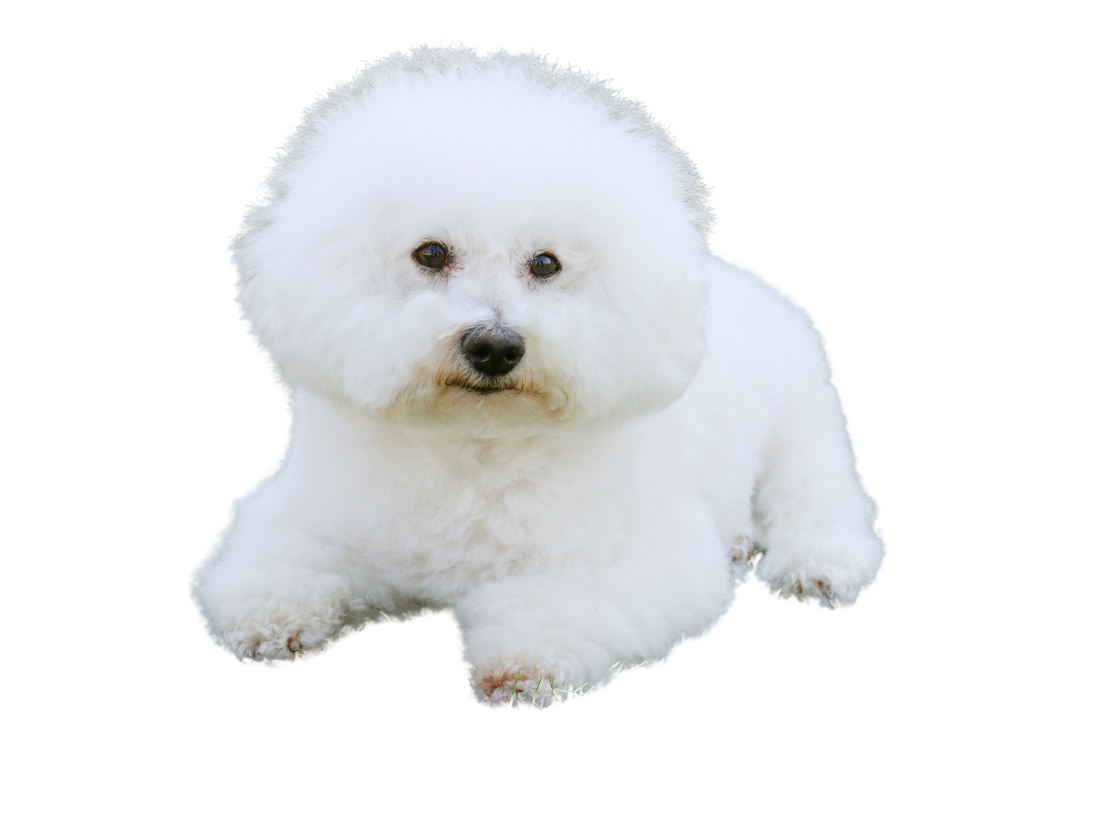
The Playful Bichon Frise: A Comprehensive Guide for Dog Owners
Share
The Bichon Frise
The Bichon Frise, with its fluffy white coat and cheerful demeanor, is a small breed that brings joy and companionship to its owners. Known for their playful and affectionate nature, Bichon Frises are excellent family pets and are particularly well-suited to apartment living. This guide will explore the Bichon Frise's history, characteristics, care needs, and more, offering valuable insights for both prospective and current owners.
History and Origin
The Bichon Frise's history can be traced back to the Mediterranean region, where its ancestors were used as sailing dogs by Spanish sailors. The breed was later developed in the Canary Islands before making its way to France, where it gained popularity among the French nobility during the Renaissance. The name "Bichon Frise" translates to "curly lap dog" in French, reflecting their distinctive appearance and affectionate nature. The breed was recognized by the American Kennel Club (AKC) in 1972 and has since become a beloved companion animal worldwide.
Physical Characteristics
Bichon Frises are small, sturdy dogs with a distinctive powder-puff appearance. They typically stand between 9.5 to 11.5 inches tall at the shoulder and weigh between 12 to 18 pounds. Their soft, curly coat is always white, although some may have slight shadings of cream or apricot. Bichons have a rounded skull, a slightly pronounced stop, and dark, expressive eyes that give them a cheerful and inquisitive expression. Their tail is carried over the back and covered with a plume of hair.
Temperament and Personality
Bichon Frises are known for their happy, playful, and affectionate nature. They are highly social dogs that thrive on human companionship and enjoy being part of the family. Bichons are generally good with children and other pets, making them excellent family companions. Their friendly and outgoing demeanor makes them popular with everyone they meet. Bichons are intelligent and eager to please, which makes training relatively easy. However, they can be prone to separation anxiety if left alone for long periods, so they do best in homes where someone is around most of the time.
Exercise and Training Needs
Bichon Frises are moderately active dogs that require regular exercise to stay healthy and happy. Daily walks, playtime, and mentally stimulating activities are important to prevent boredom and keep them fit. Bichons enjoy interactive games and can excel in agility and obedience training. Early socialization and positive reinforcement training are crucial to ensure a well-behaved and confident dog. Bichons respond well to gentle, consistent training methods and thrive in environments where they receive plenty of attention and interaction.
Grooming and Care
The Bichon Frise's coat requires regular grooming to keep it in good condition. Daily brushing is necessary to prevent matting and tangling, and professional grooming every four to six weeks is recommended to maintain their characteristic appearance. Regular baths, ear cleaning, nail trimming, and dental care are also important aspects of maintaining their health and appearance. Bichons are prone to tear staining around the eyes, so it's important to keep their facial area clean.
Health and Lifespan
Bichon Frises are generally healthy dogs but can be prone to certain health conditions. These may include allergies, hip dysplasia, patellar luxation, and dental issues. Regular veterinary check-ups, a balanced diet, and adequate exercise can help maintain their health. The average lifespan of a Bichon Frise is around 12 to 15 years, with many living well into their teens with proper care.
Living with a Bichon Frise
Bichon Frises are adaptable dogs that can thrive in various living environments, including apartments, provided they get enough exercise. They are social and enjoy being involved in family activities. While they are generally good with children, supervision is advised around young kids due to the Bichon's small size. They can coexist with other pets if properly socialized from a young age. Bichons are known for their cheerful and affectionate nature, making them excellent companions for individuals and families alike.
Finding a Bichon Frise
If you’re considering adding a Bichon Frise to your family, it’s important to find a reputable breeder or consider adopting from a rescue organization. Responsible breeders will provide health clearances for their dogs and allow you to meet the puppy’s parents. Rescue organizations often have Bichon Frises looking for loving homes, and they can be a great option for finding an adult dog.
The Bichon Frise is a breed that combines a playful nature, distinctive appearance, and affectionate personality. While they require regular grooming and exercise, the rewards of owning a Bichon Frise are immense. They bring joy, loyalty, and a loving spirit to any household. If you’re prepared for the responsibility, a Bichon Frise can be a wonderful and devoted addition to your family.